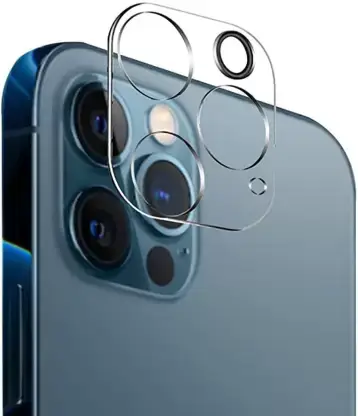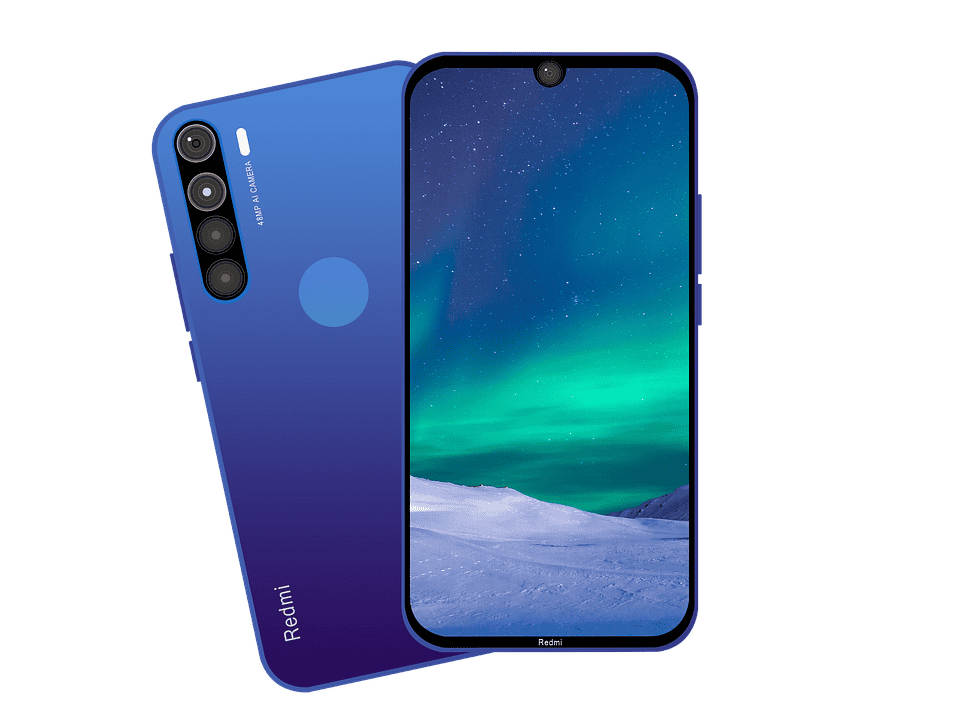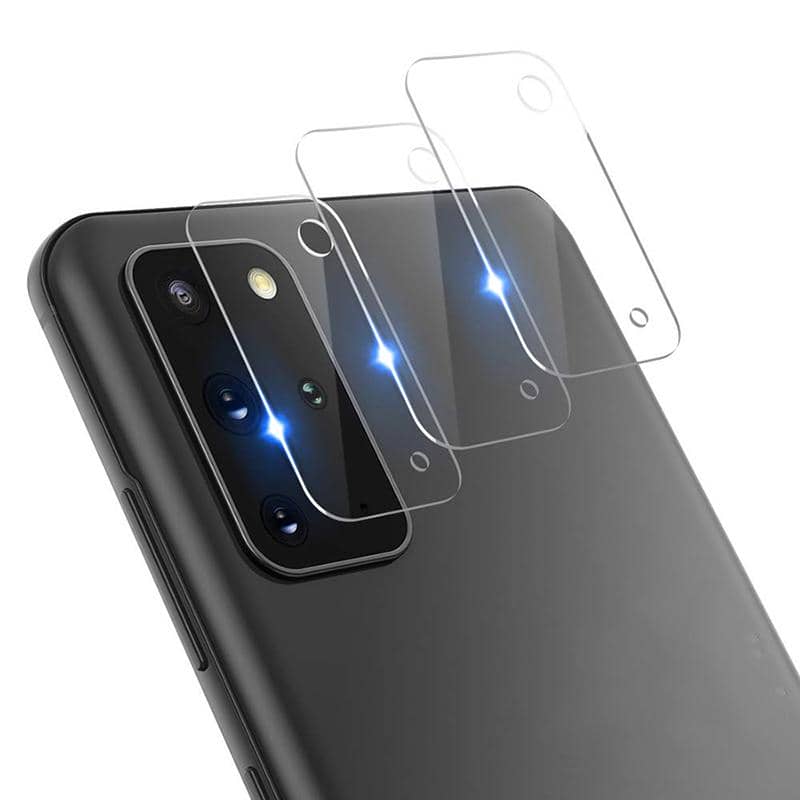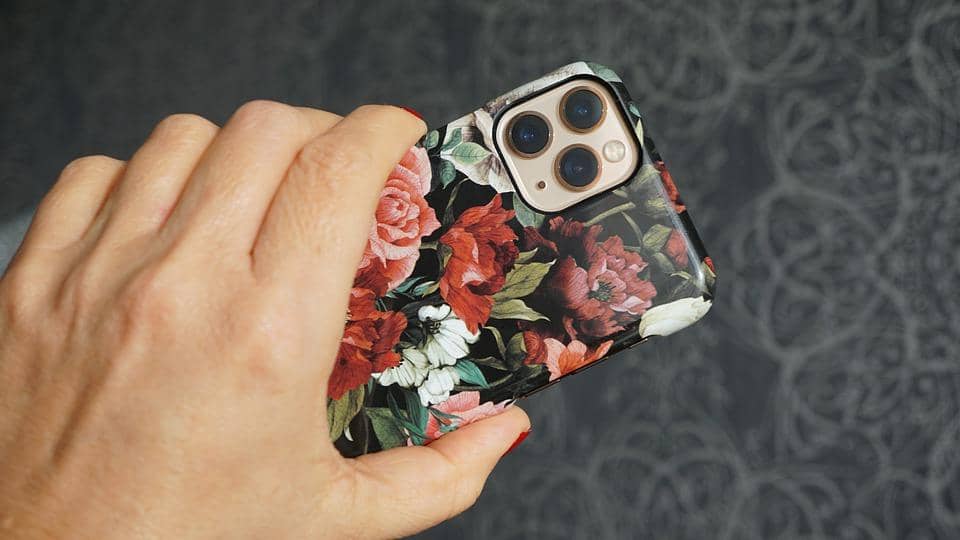A screen protector that covers a phone’s screen and keeps it safe from scratches and dirt is one of the smartphone accessories in the mobile tech world.
It takes the pressure of any drops and minimizes the risk of the phone screen itself breaking due to heavy impact.
When a screen protector covers the front camera, it acts as a lens protector and safeguards the camera lens from being damaged as well.
However, do you need a screen protector for your phone camera at the back as well?
Since we cannot use a conventional screen protector at the back of the phone, a lens protector has to be used instead to keep the phone camera lens safe from scratches and breakage.
While it is not absolutely compulsory to use a lens protector, a high-alumina glass lens protector is definitely recommended to protect the back camera.
Especially if you have an expensive smartphone, we definitely advise that you to invest in a premium quality lens protector for your device’s back camera.
What Is A Camera Lens Protector?

(Side note: We are a member of the Amazon Associates program. From time to time we’ll link out to and recommend products in articles that we feel would truly be valuable to readers. If you do end up buying after clicking through these links, we may receive a tiny bit of commission from the Big A. This will all then go back to creating more valuable content for this site. Win-win!)
Cameras and DSLRs have lenses with protective caps, right? Photographers definitely don’t want anything to damage these precious (and expensive!) items.
But what about the phone camera lens? Does the phone camera need any additional protection?
Some absolutely feel that this is necessary, and as a result camera lens protectors that act as a second screen on the lens have become available on the market.
In simple terms, a camera lens protector is a piece of removable glass that covers the camera lens and prevents it from scratches, sharp objects, and other abrasive surfaces. The lens protector is transparent to theoretically cause minimum disruption to photo quality.
However, while that sounds nice, it is admittedly a pretty generalized statement. Not all camera lens protectors out there are worthy or serve their purpose effectively.
In reality, cheaper versions do more harm than good and pretty much ruin the photo quality of the phone camera. It becomes a balance of whether it’s better to risk the camera lens getting damaged- or to take increasingly pathetic pictures!
That said, it is possible to purchase better quality phone camera lens protectors that are able to solve both problems.
For example, if you elect for a high-alumina version, you’ll realize that the lens protector rarely interferes with the photos at all.
The pictures that result will be 95% to 99% in acuity, similar to how they would be when taken without a lens protector.
Considering the cost of a flagship phone these days, we definitely think that this is worth the slight investment.
The newer iPhone models do come with sapphire particle-coated camera lenses with a grade nine rating on the Mohs hardness scale, making the lenses super strong and scratch-resistant. Nevertheless, they aren’t invincible and are still prone to damage.
We know that it’s not all that likely for a phone to fall flat on the camera lens, or for the lens to smash directly against a rock or hard surface.
However, the question is: Do you want to take that risk? It’s all about expecting the unexpected, and lens protectors have been developed based with this same logic in mind.
It’s better to be safe than sorry, and expensive phones especially deserve the best protection possible!
Is A Screen Protector Necessary For Your Phone Camera?

A quick search on the internet will show you how divided the opinions are on this topic.
While some people swear by lens protectors, others don’t want anything to do with it and see it as a money grab by greedy companies.
It doesn’t get much more confusing than this. When the world is divided on its view of lens protectors, do you go for them or not? Does your phone camera really need that extra protection?
Hopefully, we’ll be able to give you a bit of clarity today.
So, in which camp do we belong? Well, you’ve read this article up to this point so you may have already guessed our opinion.
We definitely do prefer to use camera lens protectors ourselves to safeguard our phone cameras rather than leave it to its potentially-shattering fate.
Whether you want to use a plain plastic/glass lens protector or a UV filter, using some kind of protector to cover the phone camera lens will definitely help you to feel more secure.
After all, it only takes a few grains of sand or dirt to scratch a camera lens- especially the ones that are not made with a sapphire coating.
Moreover, if you frequently use your phone camera to take pictures during travel and outdoor activities, it’s even more important to take increased precautions to protect your phone and keep its component safe from harsh surroundings.
With a little bit of extra investment in this area, you can prevent your phone from incurring significant damage- similar to using a screen protector to protect the main screen.
However, do make sure to buy a good quality lens protector! Any random piece of plastic or glass will not do; sticking a tiny piece of glass on the phone camera lens also won’t yield great results.
One of the main reasons people are against phone camera lens protectors is because of the potential deterioration of picture quality.
We do agree with this. Not all lens protectors are made the same, and this is why you will need to do some research and pick a high-quality lens protector that won’t affect the picture quality.
Does A Phone Camera Lens Protector Affect Picture Quality?
In an ideal world, a phone camera lens protector should not affect the picture quality of photos taken.
However, in reality, the picture quality is frequently affected by lens protectors applied to the camera. This can be due to several reasons, such as:
- A cheap, lower-quality lens protector that distorts images
- A lens protector that is not properly installed
- Choosing the wrong kind of lens protector or filter for your phone camera
- Lens protectors that don’t suit the overall design of the phone or the case
- Lens protectors that are too thick or too thin and don’t serve their purpose
- The specific coating on the lens protectors
- The style/color/make of the lens protectors (some are aesthetically designed, but offer no real value)
- Lens protectors that don’t stick well and come loose or start to have air bubbles between themselves and the phone camera lens
What Is The Best Way To Protect Your Phone Camera?

Today’s smartphones come with multiple phone cameras and DSLR-level lenses. Both the front and rear cameras need to be protected from damage.
As we’re all familiar with, tempered glass screen protectors can protect the front cameras and prevent scratches and cracks. What about the rear camera(s)?
Phone camera lens protectors and filters are a great choice to protect the rear camera lens, as we’ve explored extensively in this article.
But what if you still don’t want to use these?
The next best option would be to invest in a phone case instead. While it’s not absolutely perfect, a phone case will still be able to provide some level of protection to the back camera.
If you do elect to use a phone case, make sure to choose one with a raised bezel (or rim) where it can envelop the entire outer surface of the camera lens and prevent it from coming in direct contact with hard surfaces.
The case should be made of durable material, such as TPU so that it can sustain the impact of a fall and prevent damage to the phone.
Related Questions

Should I Buy Tempered Glass that Covers the Front Camera?
Tempered glass screen protectors are manufactured to absorb shock and absorb the impact of a drop. Moreover, the adhesive used doesn’t harm the screen or the front camera lens.
Tempered glass usually doesn’t affect the picture quality; even if it does in some phones it will just soften the images, which can be rectified with a bit of editing.
Is it Necessary to Protect the Phone Camera?
Using a screen and lens protector will reduce the risk of damage and allow you to use the phone without having to be worried all the time (especially if you’re a bit clumsier than average!).
In Summary
We are confident in asserting that- while not absolutely mandatory- it is recommended that you install a high-quality lens protector to safeguard your phone’s main camera.
There are other ways to protect your phone camera (such as with a fully-enveloping phone case) and you can try them if you still aren’t totally convinced about lens protectors.
What’s most crucial is to protect your phone’s camera lens, one way or another.
If you do want to install a lens protector, make sure it is made of high alumina glass and comes with a hardness rating of 5H or above (9H is the best).
Lens protectors with graphite scale instead of Mohs scale are not as reliable and suggest that the manufacturer is trying to confuse the buyer with a different rating.
All in all, a clear, transparent phone camera lens protector with a high Mohs rating will be the best bet to protect your phone’s camera lens while having minimal impact on picture quality!
Screen protectors are one of them. Want to know what the other 14 Most Essential Smartphone Accessories are this year? Click HERE to find out!
